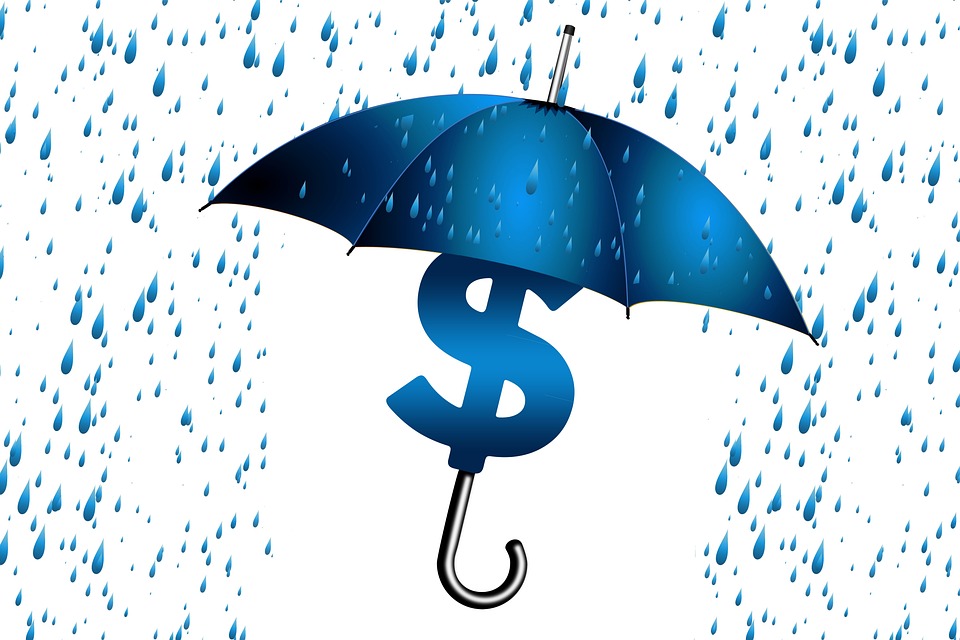Understanding Umbrella Insurance: How an Extra Layer of Protection Can Save You from Financial Storms
Life is unpredictable, and we often find ourselves facing unexpected challenges that can swiftly upend our financial stability. While we typically rely on auto, home, and health insurance to safeguard our assets, these policies may not provide adequate protection in certain situations. That’s where umbrella insurance steps in—a supplementary coverage that acts as a financial safety net when all else fails.
What is Umbrella Insurance?
Umbrella insurance, also known as excess liability insurance, is a form of personal liability coverage that offers additional protection beyond the limits of your primary insurance policies. While it primarily covers personal injury or property damage claims, umbrella insurance can also extend coverage for lawsuits, defamation, false arrest, invasion of privacy, and more.
Financial Storms and Liability Risks
Imagine a scenario where you are involved in a major car accident, resulting in severe injuries to the other party. Your auto insurance policy might cover a certain amount for medical expenses and vehicle damage, but if the costs exceed these limits, you could face significant financial liabilities. In such circumstances, umbrella insurance could come to your rescue by providing coverage for the excess amount, saving you from bankruptcy.
Umbrella Insurance: An Extra Layer of Protection
One of the key benefits of umbrella insurance is that it offers an extra layer of protection against unforeseen events. It adds an additional level of coverage on top of your primary policies, providing peace of mind that your assets are safeguarded even if you face a catastrophic incident or a high-value liability lawsuit. By obtaining umbrella insurance, you can protect your home, investments, savings accounts, future wages, and even your retirement funds.
Who Needs Umbrella Insurance?
While umbrella insurance is not mandatory, it is highly recommended for individuals with substantial assets or a higher risk of liability. High-net-worth individuals, homeowners, business owners, parents, and professional service providers such as doctors and lawyers can greatly benefit from umbrella coverage. Additionally, those who engage in activities that may pose an increased risk, such as owning a swimming pool or serving on a board of directors, should consider pursuing umbrella insurance.
Cost and Coverage Limits
The cost of umbrella insurance will depend on various factors, such as the coverage amount, your risk profile, and the limits of your existing policies. However, considering the protection it offers, the premium for umbrella insurance is relatively affordable. Typically, umbrella policies start at $1 million in coverage, and higher limits can be purchased based on individual needs and circumstances.
Finding the Right Umbrella Insurance Policy
When seeking umbrella insurance, it’s essential to evaluate different insurance companies, compare coverage options, and carefully read the policy terms. Different insurers may offer varying limits, deductibles, and exclusions, so it’s crucial to ensure you understand the policy details before making a decision. Consulting an insurance professional can be invaluable in helping you navigate the complex landscape of umbrella insurance and find a policy that suits your specific needs.
Conclusion
Understanding umbrella insurance and its role in providing an extra layer of protection is essential for safeguarding your financial well-being. By extending coverage beyond the limits of your primary insurance policies, umbrella insurance can save you from potential financial storms caused by liability risks. Whether you are a high-net-worth individual, a homeowner, or someone seeking additional peace of mind, consider exploring umbrella insurance as an investment for your financial security.
